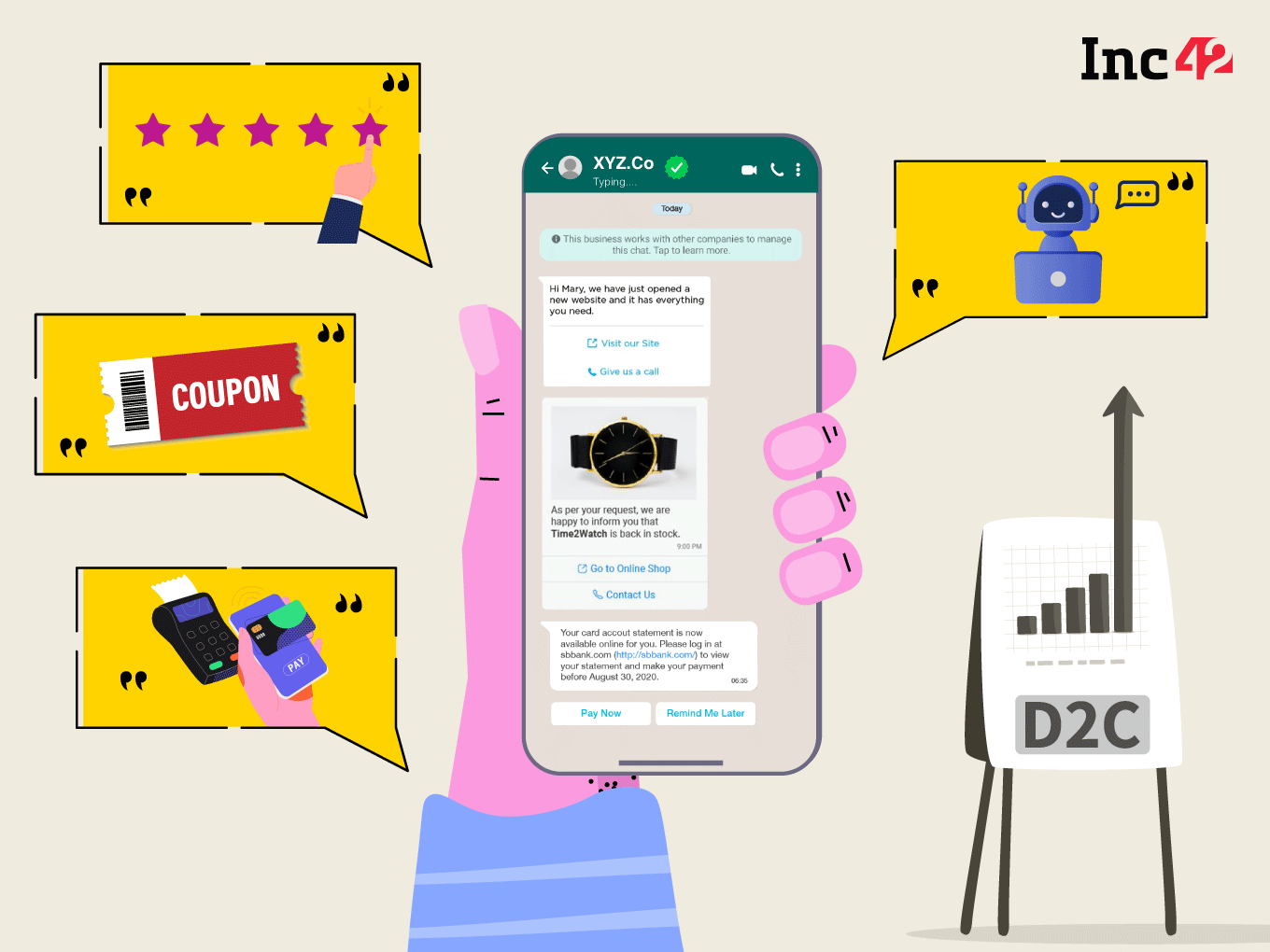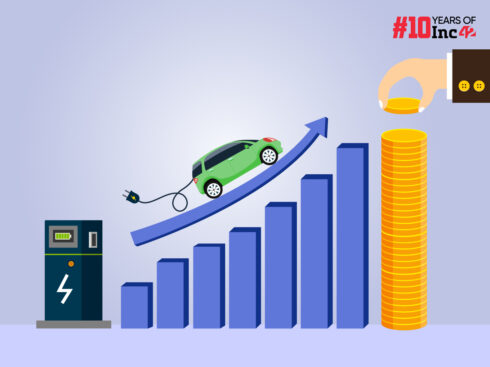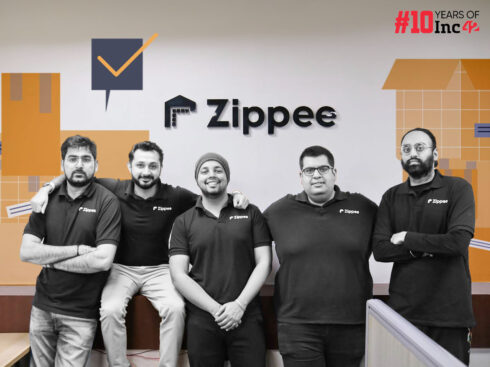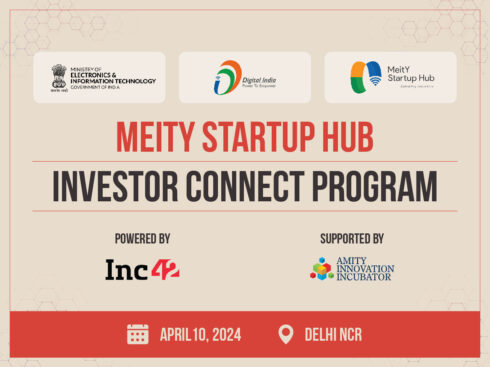SUMMARY
Conversational commerce helps re-engineer the traditional approach and enhances personalised marketing in a digital-first age when the customer is king
CM.com’s Gleb Grozovskii details why D2C brands should adopt this AI-powered marketing strategy for sustainable growth
79% of businesses said that implementing conversational commerce solutions like live chat resulted in increased customer loyalty, sales and revenue
In today’s digital-first business environment, a personalised, contextualised and dynamic customer engagement strategy can cut through the online clutter and contribute to brands’ success. In fact, this can make all the difference between survival and sustainable growth.
Consider this. Since 2012, Starbucks, the world’s largest coffeehouse chain, has diligently written customers’ names (often spelt hilariously wrong) on their coffee cups. Its baristas, too, started wearing name badges around that time. This simple yet intriguing ‘first name initiative’ opened a two-way communication channel, helping customers connect to the brand as never before. Clearly, it boosted customer experience (CX) as they felt appreciated and a part of the Starbucks community instead of being mere order numbers.
This is personalised marketing at its best, and India’s direct-to-consumer (D2C) brands would do well to take a leaf out of Starbucks’ strategy book.
According to a report by McKinsey & Company, 71% of consumers expect companies to deliver personalised interactions. Furthermore, 76% get frustrated when this doesn’t happen.
“With rising competition among Indian D2C brands, delivering a personalised CX throughout the customer journey and at all touchpoints is more important now than ever,” said Gleb Grozovskii, Head of Sales, India at CM.com. “It caters to the dynamic needs of today’s customers by providing the right information to the right person at the right time,” he added.
But the country’s fast-growing D2C brands have quickly realised that creating a powerful personalised digital marketing strategy is neither easy nor cheap.
Industry estimates show that average digital marketing costs in India range from INR 1.2 Lakh to INR 3 Lakh per year. Also, a 2022 report by MMA APAC-WARC titled The State of Modern Marketing In India said that more than a third (36%) of Indian marketers would spend over 60% of their budgets on digital marketing, underlining its importance.
Simply put, elevating CX will cost a pretty penny, thanks to the rising costs of digital marketing. Add to that the ongoing funding winter and a steady decline in startup investments, and it won’t be difficult to understand why many D2C brands find themselves in a catch-22 situation that can severely hamper their growth prospects.
So, the question is how D2C brands, especially the newbies seeking to boost brand awareness, can optimise their digital marketing expenses. In volatile times, this is critical as balancing one’s budget with business goals will extend the runway and pave the path for sustainable growth.
This is where CM.com and its ilk can help.
For context, CM.com is an AI-powered cloud software company specialising in conversational commerce that helps D2C brands automate their personalised marketing across mobile channels to drive sales and increase customer happiness.
Its solutions include a proprietary Mobile Marketing Cloud (MMC), a multichannel engagement solution (including all mobile messaging channels like SMS and WhatsApp), and a Mobile Service Cloud (MSC), an all-in-one chat tool. With MSC, the support staff can use a unified dashboard to address customer queries across channels.
Furthermore, solutions like the Conversational AI Cloud help you to understand your customers based on context and intent. It automates conversations to work smarter and boost productivity.
Why E-Retail Will Thrive On Conversational Commerce
In a rapidly paced world, consumers typically lack the time (and patience) needed to negotiate their purchases. Most people prefer to buy from brands which deliver value and convenience via a seamless CX throughout pre- and post-purchase journeys. Given this scenario, businesses need to zero in on personalised product recommendations, quick and easy checkout, timely delivery, prompt return and near-instant communications to deliver such hyper-personalised digital experiences. Conversational commerce can be the ideal solution to implement all these and more.
A cross between conversation (live or deferred with chatbots/human staff), commerce and customer engagement, the entire concept is built around super convenience – enabling people to shop and communicate with brands via their preferred channels and complete their transactions without leaving those channels. Brands can implement this through chatbots and virtual assistants, messaging apps (WhatsApp, Telegram, WeChat and more), SMS and other automated support tools with integrated payment options.
In return, they get tonnes of traction and business. 79% of businesses said that implementing conversational commerce solutions like live chat resulted in increased customer loyalty, sales and revenue. Moreover, total spending across these channels is expected to reach more than $290 Bn in 2025, a huge jump from $41 Bn in 2021.
“Conversational commerce is thus one of the biggest trends D2C brands should embrace in 2023 as part of their personalised marketing strategy. It simplifies the online shopping experience and shortens customer service response times,” Grozovskii emphasised.
The bottom line is, consumers benefit from fast, AI-powered personalised interactions while brands increase conversion rates and revenue, he added.
From WhatsApp, Telegram to Facebook Messenger and more, too many mobile-first platforms are now out there to drive a brand’s conversational commerce initiative. However, Grozovskii thinks that D2C brands should opt for WhatsApp as it enables an end-to-end shopping experience.
Interestingly, Meta-owned WhatsApp is one of the most popular mobile messaging apps totalling2 Bn+ unique active users worldwide, with India expected to have 795 Mn users by 2025. Furthermore, 68% of WhatsApp users think it is the most convenient way to engage with a brand.
How To Create A Personalised Marketing Plan
Personalised marketing can include building customised websites based on permissible data (browsing behaviour, preferences, demographics and more) and delivering personalised notifications via preferred channels to nudge prospects ahead of the journey. Additionally, brands can provide top-notch customer service using an AI-powered chatbot which can double as a digital salesperson to assist people throughout their journey.
All these can be implemented by leveraging big data and AI-powered analytics tools of conversational commerce players like CM.com and its ilk.
“CM.com’s customer data platform (CDP) helps D2C brands segment their users into specific cohorts and build hyper-personalised 360-degree customer profiles to target prospects more likely to convert,” said Grozovskii. “From product discovery to payments, brands can ace conversational commerce with our comprehensive solutions.”
Grozovskii also recounted how CM.com’s conversational commerce suite helped Chennai-based Vummidi Bangaru Jewellers (VBJ).
VBJ customers often visited the brand’s website to enquire about their high-value jewellery pieces. As this routine query took up a lot of time and resources, the brand leveraged CM.com’s solutions to set up a chatbot on WhatsApp that helped people understand the entire process. The bot also automated the brand’s Instagram direct messaging and was linked to its Facebook page. Besides, VBJ integrated the MSC platform to ensure more support from a staff member to respond to additional queries.
Transitioning to intelligent tools for marketing and support saw a 20% rise in customer conversations last year while the brand’s revenue tripled, according to Grozovskii.
Why India’s D2C Brands Need A Customer Black Box
As a Deloitte Insights study points out, brands today must leverage experience-focussed marketing tools powered by emerging technologies to ensure unique engagement with every person at every touchpoint, physical and digital. Such differentiators will help companies stand out from the rest, onboard prospects and, more importantly, maximise CLTV (customer lifetime value) through long-term retention.
Moreover, India is expected to see a spurt in digital commerce in the next few years and reach an estimated 500 Mn online shoppers by 2030. And the majority of them will be new online shoppers hailing from rural India and small cities – the fastest-growing segment, to be precise. According to a Boston Consulting Group (BCG) report, Bharat (rural India) is estimated to account for 54% of online shoppers and 24% of online spending by 2030.
These new cohorts will increasingly seek optimal brand experiences based on individual values, expectations and customised engagements. To navigate this rapidly evolving buyers’ market, brands need to turn into customer ‘black boxes’, recording and analysing data and staying on top of all interactions to understand their specific requirements that will eventually drive business growth.
CM.com has paved the path for this experiential marketing that goes beyond the traditional approach of a sellers’ market. VBJ is a case in point where the marketer’s solutions helped stitch technology, convenience and fulfilment to deliver a superior CX. But soon enough, D2C brands must adopt this approach en masse to ensure sustainable growth.
As the Indian D2C market is set to cross $300 Bn by 2030, growing at a CAGR of 24% during 2021-2030, brands are keen to pursue conversational commerce solutions offered by the likes of CM.com. They have done away with data silos and enabled real-time, meaningful customer engagement to usher in a new era of personalised marketing. But re-engineering traditional marketing is not the end of the road. The pathway to reach happy customers will continue to evolve.



























